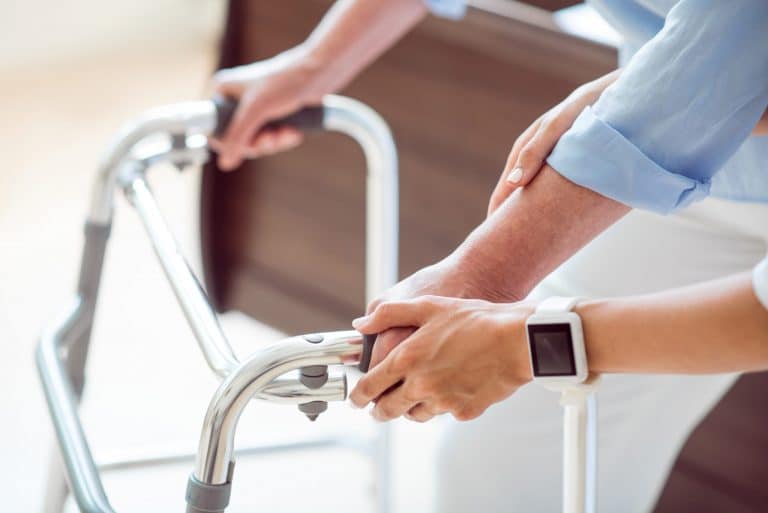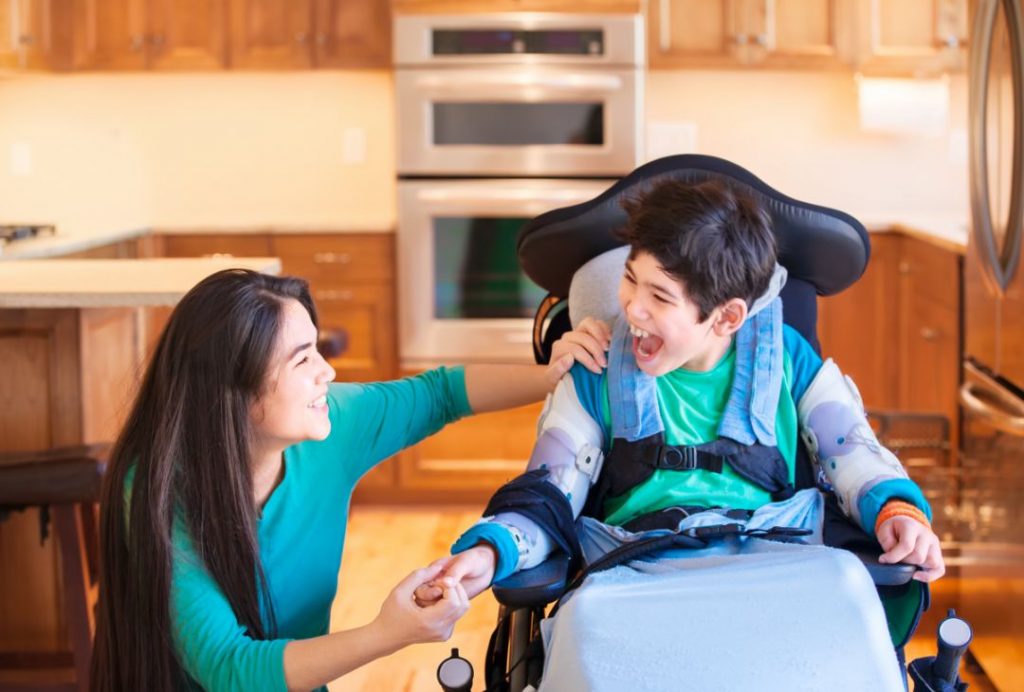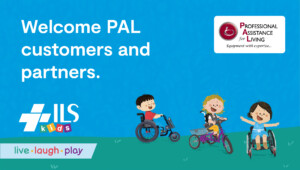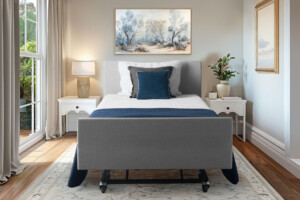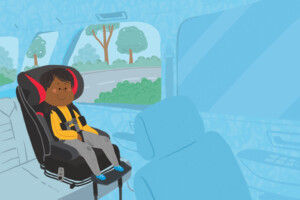Many of us encounter difficulties when we have to provide our handicapped kith and kin with the required care at home. Sadly, this reduces the value of the dependent’s life, resulting in frustration, depression, and anxiety.
Currently, more than 18% of the Australian population is coping with a disability, and over a quarter of a million people of all ages having severe disabilities that require assistance in diverse activities. The aid provided could vary from communication, mobility, or even self-care. Caregivers can improve their quality of life by following certain measures.
Grasp Technical Knowledge
Keeping a disabled person stagnant is bound to make the person depressed or stressed. If there isn’t any danger involved in moving them, taking a walk outside should be considered. The fresh air and inborn environment can do something amazing to their mental and emotional well-being. Choosing the correct aid equipment such as a good wheelchair can ensure their movement without any risk or injury.
Perfecting Competence
Having a person solely dependent on you for their well-being makes it necessary to adjust and perform according to their expectations. Being unable to caring properly will result in risking their health. Possibilities of falling and injuring or even their health taking a turn to the worst should be expected.
Taking these into consideration, educate yourself to assist your charge to conduct a satisfying life. Further, find ways and means to assist with activities related to walking, dressing, bathing, and also improve your social skills. Perfect your communication skills, body language, understanding, diligence, and confidence. Coping with the changing outlook is needed to avoid being overwhelmed.
Adapt to the Situation
Being handicapped as a result of an accident or illness can create chaos in a person’s life. Someone very close to you who was agile and self-reliant could suddenly become dependent on you and other members of the family. Such an incident could change your lifestyle too, making you feel lost and unhappy. The best option in such cases is to accept the perspective and adjust accordingly.
Although this might be easier said than done, under the circumstances, it is the only way to keep your sanity and protect your loved one. Coming in terms of the situation can take an effect emotionally and mentally. Therefore, instead of suppressing your feelings, let your grievances out as concealing might only cause more misery.
Looking after a person with disabilities suddenly can be a demanding task. Therefore, your total attention should be focused on not letting matters get out of hand to risk your loved one’s health. Adapting to the situation, perfecting competence, and grasping technical knowledge can help to ease both your lives.
Assistance from Independent Living Specialists
Independent Living Specialists can be assistive in providing the required equipment to suit any disability. ILS has partnered with the best brands to provide the best quality and range of solutions.
Mobility aids and accessories, bariatric equipment, and patient transfer aids are some of the equipment that comes in handy to ease the burden of a caregiver.
Products
Product |
Details |
|
| Drive Medical Ultra Lightweight Portable Wheelchair | This is a strong but lightweight wheelchair ideal to be used whilst shopping or on vacation. Can be folded to 1/3 the size of a usually folded wheelchair for easy transportation and storage. Flip-up padded desk arms for additional comfort and easy side transfers. | |
| Portable wheelchair Ramp Edge Barrier Limiter | It is available in different lengths from 22.5 cm to 87.5 cm. especially appropriate to provide quick access to public transport and buildings. Its quick folding action enables deployment in seconds. | |
| Hero Medical Extra Wide Bariatric Shower Chair | It is a comfortable, strong and safe chair with a wide seat for showering. The height is adjustable to suit the user’s requirements with integrated arms to assist transfers. | |
| Pivot Sling | This sling can be used to lift a patient in either a sitting or lying position. | |


